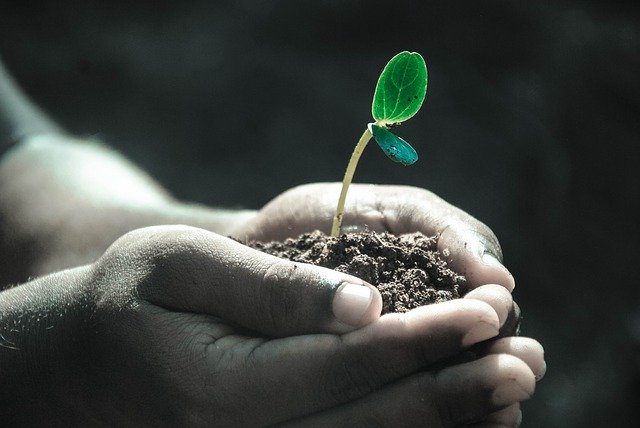
Patience and Mercy of God (Mt. 13:24-43)
07-12-2020Weekly ReflectionThe parable of the weeds in the field presents the problem of bad seeds being sown in by an enemy. Again, the disciples did not understand the meaning of the parable, so they asked Jesus. Jesus is the farmer of the field sowing good seed in the field of the world. The devil is the enemy that sowed bad seeds. The good seeds are the those who follow the path of the Kingdom of God, the bad seeds are the people who follow the evil one. The good and the wicked people are allowed to live in the world until the end of time, the harvest time when the final sorting will be done. The wicked are condemned to Gehenna and the good, the saints “will shine like the sun in the Father’s kingdom.”
The parable answers one of the most common and controversial question of this world, “Why does God allow evil to happen to good people?” Since God is the origin of good, we are baffled why good and evil co-exist, “wheat and weeds,” that even a!er Jesus defeated sin and death, evil persists to exist. We understand God’s patience with the good seed and waits until it bears fruits, but we sometimes question His patience with the bad seeds. How easy and beneficial for everyone if the wicked are eliminated, it will make this world a be)er place to live. The oracle of God says, “For my thoughts are not your thoughts, nor are your ways my ways…” (Is. 55:8) It is not easy to understand the benefits of evil co-existing with the good. The parable teaches us that it is be)er for the weeds not to be pulled out and remain with the wheat. It is for the benefit of the wheat that the “weeds,” the bad are not immediately judged. God is not the cause of moral evil, but He permits it, because He respects the greatest gift that He entrusted man, the gift of freedom. Let us have confidence in God’s power to bring good out of evil, e.g., from Jesus suffering and death came the highest good, the salvation of the whole creation. Let us not lose hope that although we suffer because of the presence of evil, we are assured that justice will prevail and goodness will triumph in the end.
The best reason for allowing the bad to co-exist with the good and not “uprooting it” immediately is the example of some of the great saints. St. Paul, one of the great persecutors of the early Church would not be the greatest Apostle to the gentiles if he was “uprooted” early. St. Augustine and many other saints would not be among the greatest Fathers of the Church if he was not given a chance to repent. The be)er question is, where would we be now, if God uprooted us the many times, we did evil things against Him and His creation? God’s compassion towards the bad seeds is His greatest weapon for conversion, His Mercy and Compassion Heal. He wants to draw us away from evil and bring us back into His goodness, His fold, so that we may be like the sun in the kingdom of the Father. Are we aware of the weeds and wheat in our heart? Lord, help us to trust that You will be victorious against evil, and help us to have faith in your Divine Mercy.
BACK TO LIST